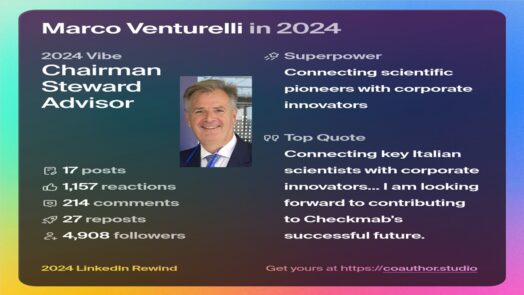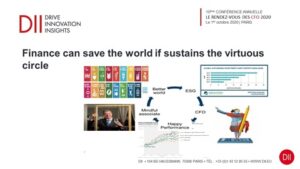Future leaders take note

The idea that companies and investors can both do good and do well is finding ever greater traction among executives, shareholders and wider society. It is easy to see why. If the business case for environmental, social and governance (ESG) integration holds true, capitalism can rebuild trust by addressing some of the world’s biggest challenges, such as the climate crisis, while generating long-term returns for ordinary citizens and helping to reduce inequality. Yet the concept of ESG has been susceptible to “confirmation bias” — the tendency to accept evidence that reinforces one’s own view and reject anything that contradicts it. In some cases, this has meant that flimsy studies claiming ESG always pays off have enjoyed disproportionate attention because they show what people would like to be true.





